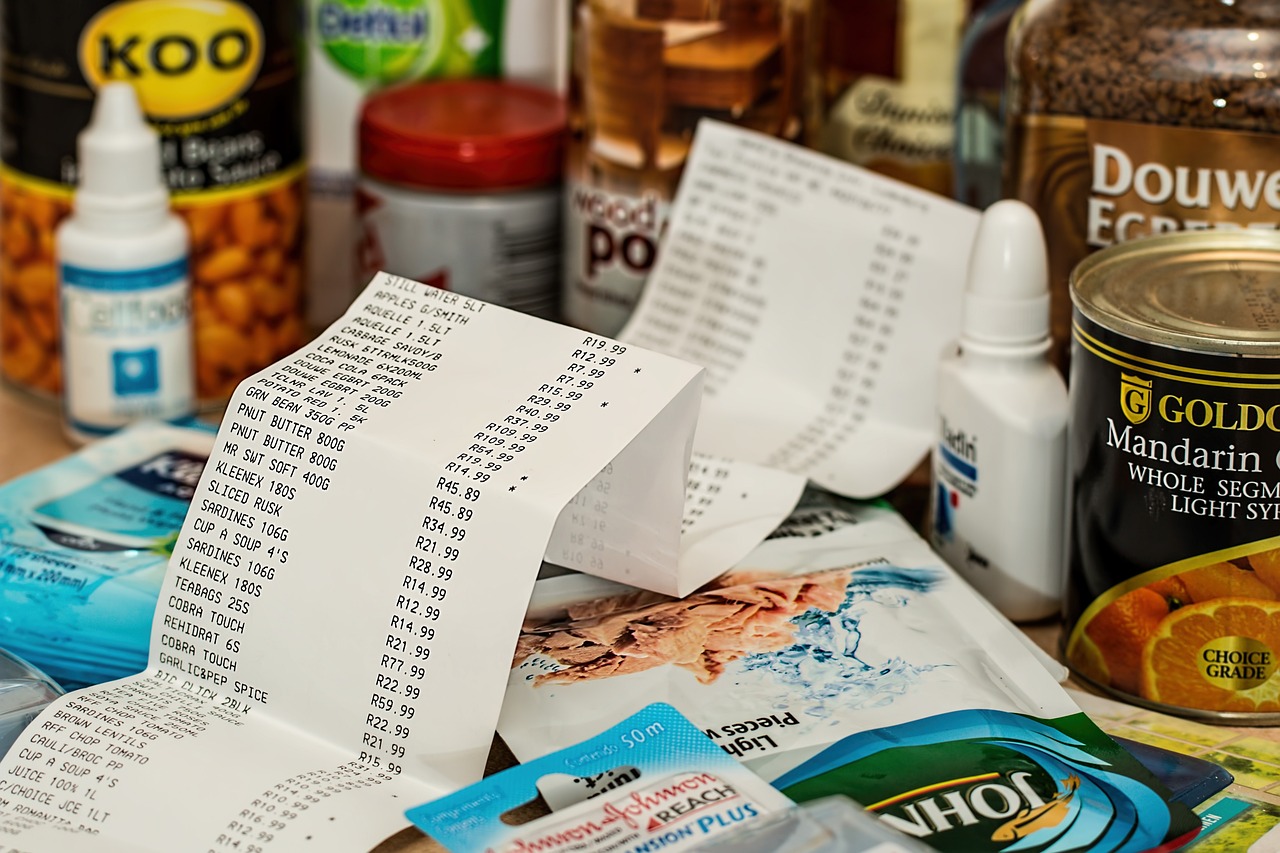Saving money to cover unexpected expenses is a wise financial practice that can help you avoid relying on debt and maintain financial stability. Here are some simple strategies to save money for emergencies:
Table of contents [Show]
Create an Emergency Fund
Establishing an emergency fund is the first step in saving for unexpected expenses. Try to save at least six months' living expenses in a separate account. This will act be a safety net during tough times, such as medical emergencies, car repairs, or unexpected job loss.
Automate Your Savings
Set up automatic transfers from your saving account to your emergency fund or a dedicated savings account. Automating your savings ensures that a portion of your income goes towards emergency savings without requiring constant manual effort.
Start Small
If saving a substantial emergency fund seems overwhelming, start small. Even saving a few hundred rupees each week can add up over time. The key is to be consistent and gradually increase your contributions as your financial situation improves.
Cut Unnecessary Expenses
Review your monthly expenses and identify areas where you can cut back. Reduce spending on non-essential items and redirect the money saved into your emergency fund. Consider making coffee at home, cooking more meals, or canceling unused subscriptions.
Use Windfalls Wisely
If you receive unexpected money, such as a bonus, tax refund, or gift, consider putting a portion of it into your emergency fund. While it's okay to treat yourself, avoiding unnecessary splurges will help secure your financial future.
Save Windfalls and Spare Change
Whenever you receive small amounts of money, like spare change or cash gifts, don't spend them impulsively. Collect them in a jar or savings container, and periodically deposit the accumulated amount into your emergency fund.
Set Clear Goals
Define specific saving goals for your emergency fund. Knowing what you're working towards will keep you motivated to stay on track and avoid unnecessary spending.
Avoid High-Risk Investments
Your emergency fund should be easily accessible and not subject to market fluctuations. Avoid high-risk investments for this fund and focus on safety and liquidity.
Compare Prices
When making significant purchases, compare prices from different stores or online websites to get the best deal. Saving money on these expenses leaves you with more to contribute to your emergency fund.







